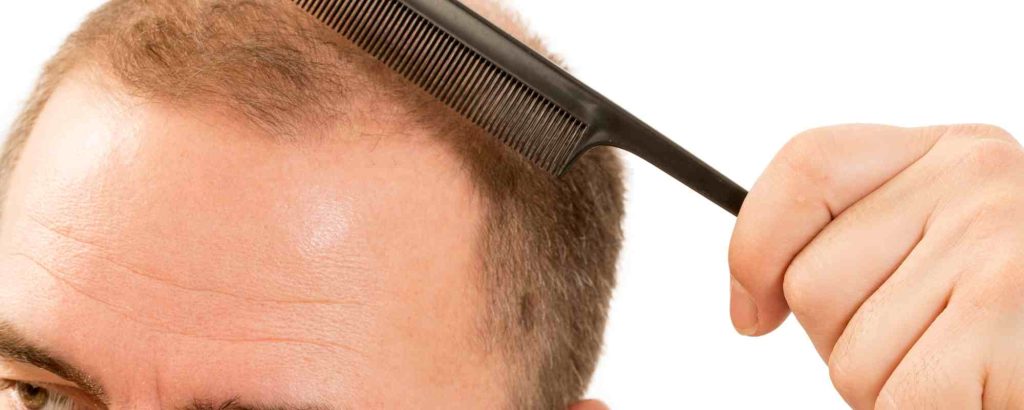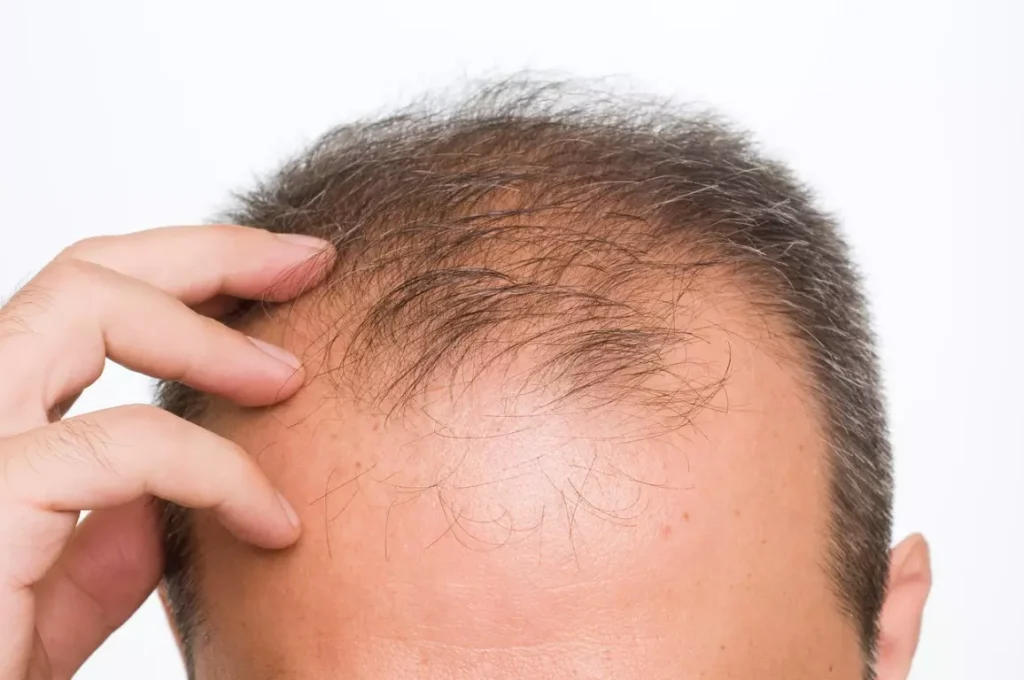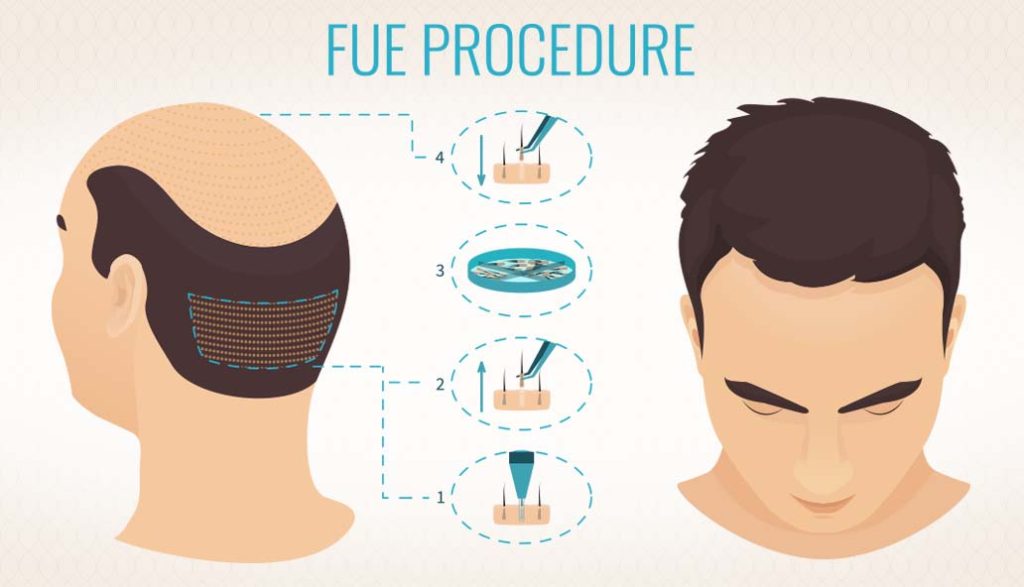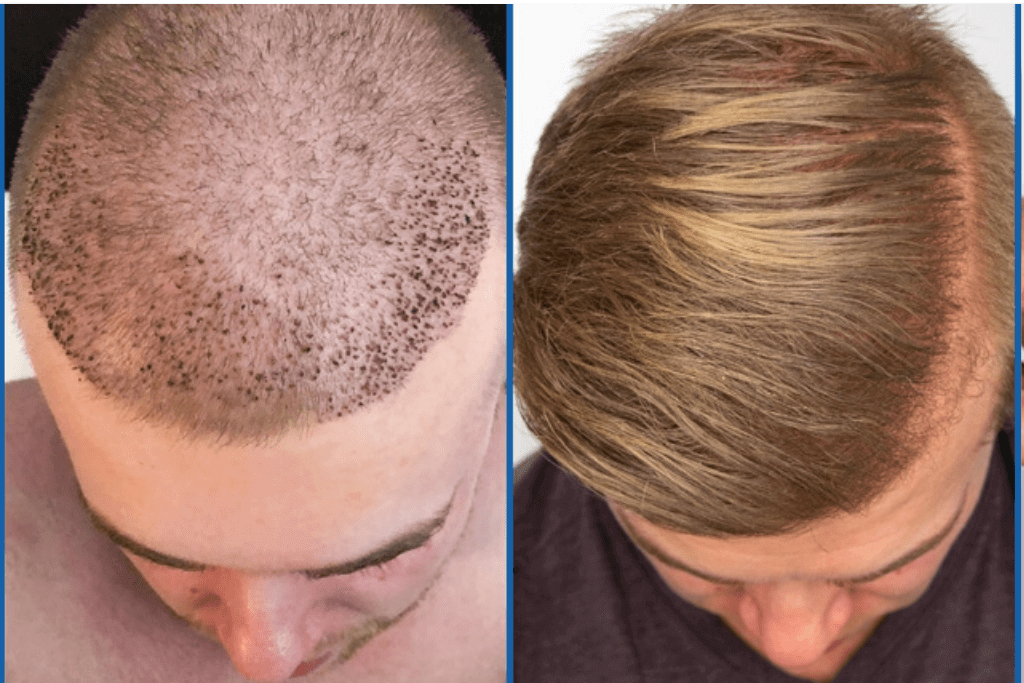One common question that arises is, ‘Can I take whey protein after a hair transplant?’ It is important to consider the impact of protein on the healing process and the overall outcome of the transplant. Understanding the role of whey protein in supporting the body’s recovery and maintenance can help individuals make informed decisions about their post-transplant nutrition. Let’s explore the potential benefits and considerations of incorporating whey protein into your post-transplant routine.
The Role of Protein in Hair Transplant Recovery

After undergoing a hair transplant procedure, the recovery process is crucial for achieving successful results. Proper care and attention must be given to the scalp and newly transplanted hair to ensure optimal healing and growth. One key factor in this recovery process is the role of protein.
Why is protein important for hair transplant recovery?
Protein plays a vital role in the body’s ability to repair and regenerate tissues, including the scalp and hair follicles. Adequate protein intake is essential for promoting the growth of new hair and ensuring that the transplanted follicles receive the necessary nutrients for healthy development.
The benefits of protein for hair transplant patients
- Tissue repair: Protein is essential for the repair and regeneration of damaged tissues, which is especially important during the initial healing phase after a hair transplant.
- Hair growth: The building blocks of hair are proteins, making adequate protein intake crucial for promoting new hair growth and maintaining the overall health of the transplanted hair.
- Nutrient delivery: Proteins facilitate the transport of essential nutrients to the scalp and hair follicles, ensuring that the transplanted hair receives the necessary nourishment for optimal growth and development.
It is important for hair transplant patients to prioritize protein-rich foods in their diet to support the recovery process. Lean meats, fish, eggs, dairy products, legumes, and nuts are all excellent sources of protein that can aid in the healing and growth of transplanted hair.
In addition to dietary sources, protein supplements may also be beneficial for hair transplant patients, especially during the early stages of recovery when additional support for tissue repair and hair growth is needed. Consulting with a healthcare professional or nutritionist can help determine the best approach for incorporating adequate protein into the recovery plan.
Overall, the role of protein in hair transplant recovery cannot be overstated. By prioritizing protein intake through both diet and possibly supplementation, patients can effectively support the healing and growth of transplanted hair, ultimately leading to successful and satisfying results.
Understanding the Impact of Whey Protein on Post-Hair Transplant Healing

After undergoing a hair transplant procedure, it is crucial for patients to follow a proper healing and recovery plan. One factor that can significantly impact the healing process is the type of nutrition that is incorporated into the patient’s diet. The use of whey protein, in particular, has gained attention for its potential benefits in promoting post-hair transplant healing.
What is Whey Protein?
Whey protein is a high-quality protein derived from milk. It contains all essential amino acids and is quickly and easily absorbed by the body, making it a popular choice for individuals looking to support muscle growth and recovery.
The Impact of Whey Protein on Post-Hair Transplant Healing
Studies have suggested that incorporating whey protein into the diet can have a positive impact on the healing process following a hair transplant. The high concentration of essential amino acids in whey protein, particularly leucine, has been found to support tissue repair and growth, which are essential aspects of the post-transplant healing process.
Furthermore, whey protein has been shown to have anti-inflammatory properties, which can help reduce swelling and promote a faster recovery. This is especially important in the context of a hair transplant, where minimizing inflammation in the scalp area is crucial for the success of the procedure.
How to Incorporate Whey Protein into the Post-Transplant Diet
Patients should consult with their healthcare provider or a registered dietitian to determine the appropriate dosage of whey protein for their specific needs. Whey protein can be consumed in the form of shakes, smoothies, or added to various recipes to ensure adequate intake.
It is important for patients to choose high-quality whey protein supplements from reputable sources to ensure purity and efficacy. Additionally, individuals with lactose intolerance or dairy allergies should opt for lactose-free or plant-based protein alternatives to avoid any potential adverse reactions.
| Benefits of Whey Protein for Post-Transplant Healing | Considerations for Consumption |
|---|---|
| Promotes tissue repair and growth | Consult with healthcare provider for proper dosage |
| Has anti-inflammatory properties | Choose high-quality whey protein from reputable sources |
| Supports muscle recovery | Consider lactose-free or plant-based alternatives for allergies |
Overall, the incorporation of whey protein into the post-hair transplant diet has the potential to support the healing process and optimize the results of the procedure. Patients are encouraged to be mindful of their nutritional choices and work closely with healthcare professionals to ensure a successful recovery.
Maximizing Nutritional Support: Incorporating Whey Protein into Your Hair Transplant Recovery Plan

Recovering from a hair transplant surgery requires a comprehensive approach to optimize healing and ensure the best possible results. In addition to following post-operative care instructions and attending follow-up appointments, maximizing your nutritional support can play a key role in the recovery process. One effective way to enhance your nutritional intake during this time is by incorporating whey protein into your recovery plan.
The Power of Whey Protein
Whey protein, derived from milk, is a high-quality protein that contains all essential amino acids needed for muscle recovery and growth. It is easily digestible and quickly absorbed by the body, making it an ideal choice for individuals undergoing a hair transplant procedure. Incorporating whey protein into your diet can provide the necessary building blocks for tissue repair and regeneration, while also supporting your overall energy levels during recovery.
Maximizing Nutritional Support
Maximizing your nutritional support during the hair transplant recovery period involves not only the inclusion of whey protein, but also a well-rounded diet that includes a variety of vitamins, minerals, and other essential nutrients. This can include fruits, vegetables, whole grains, and lean sources of protein. Hydration is also crucial during this time, so be sure to drink plenty of water to support the healing process.
Furthermore, consulting with a nutritionist or healthcare professional can help you develop a personalized recovery plan that meets your specific dietary needs and promotes optimal healing. By taking a proactive approach to your nutritional support, you can enhance the outcomes of your hair transplant procedure and promote overall well-being as you recover.
Potential Benefits and Risks of Consuming Whey Protein After a Hair Transplant Procedure
After undergoing a hair transplant procedure, it is important for patients to maintain a healthy diet in order to support the healing process and promote new hair growth. One dietary supplement that is often recommended is whey protein, due to its potential benefits for overall health and recovery. However, it is also important to consider the potential risks associated with consuming whey protein, especially after a surgical procedure like a hair transplant.
Potential Benefits of Consuming Whey Protein
Whey protein is a complete, high-quality protein that contains all essential amino acids, making it an excellent source of protein for supporting tissue repair and growth. Some potential benefits of consuming whey protein after a hair transplant procedure include:
- Promoting Healing: Whey protein can provide the body with the necessary building blocks to support the healing of the scalp and donor area after a hair transplant.
- Supporting Hair Growth: The amino acids and nutrients in whey protein may help to promote new hair growth and improve the overall quality of the transplanted hair.
- Boosting Immune Function: Whey protein contains immunoglobulins and other immune-boosting compounds that can support overall immune function during the recovery period.
Potential Risks of Consuming Whey Protein
While whey protein offers potential benefits, there are also some risks and considerations to keep in mind, especially after a surgical procedure like a hair transplant. These may include:
- Digestive Issues: Some individuals may experience digestive discomfort or intolerance to whey protein, which can be exacerbated during the post-operative recovery period.
- Allergic Reactions: Whey protein is derived from milk, so individuals with milk allergies should avoid whey protein to prevent allergic reactions.
- Interactions with Medications: Patients should consult with their healthcare provider to ensure that consuming whey protein will not interfere with any medications they may be prescribed during the recovery period.
It is essential for patients to consult with their healthcare provider or a registered dietitian before incorporating whey protein into their diet after a hair transplant procedure. This will help to ensure that any potential risks or interactions are addressed, and that the use of whey protein is safe and beneficial for the individual’s specific needs.
Navigating the Use of Protein Supplements During the Recovery Period Following a Hair Transplant

Undergoing a hair transplant procedure can be a life-changing experience for many individuals. However, the recovery period following the surgery is equally crucial in ensuring successful results. One aspect of post-transplant recovery that often gets overlooked is the role of protein supplements in promoting healing and hair growth.
Protein is a vital nutrient that plays a significant role in the body’s ability to repair and regenerate tissues, making it an essential component of the recovery process. During the initial stages of recovery, the body’s demand for protein is increased as it works to heal the donor and recipient areas of the scalp while also promoting the growth of new hair follicles.
While it is important to obtain a sufficient amount of protein from whole food sources such as lean meats, fish, eggs, and dairy, the use of protein supplements can be beneficial in meeting the increased protein requirements during the recovery period. However, navigating the use of protein supplements can be overwhelming, with numerous options available in the market.
The first key consideration when choosing a protein supplement is the quality of the protein source. Opt for supplements that contain high-quality protein sources such as whey, casein, or collagen, as they provide the essential amino acids needed for tissue repair and growth.
Another important factor to consider is the bioavailability of the protein supplement. Select supplements that are easily digestible and absorbed by the body to ensure that the protein is efficiently utilized for the healing process.
Lastly, it is crucial to assess the additional ingredients present in the protein supplement. Avoid supplements with added sugars, artificial flavors, and preservatives, as these can potentially hinder the recovery process and have negative effects on the overall health of the individual.
In conclusion, the use of protein supplements can play a valuable role in promoting healing and facilitating hair growth during the recovery period following a hair transplant. By opting for high-quality, bioavailable protein supplements with minimal additional ingredients, individuals can effectively support their bodies’ recovery process and achieve optimal results from their hair transplant procedure.
Frequently Asked Questions
What is the recommended daily intake of protein?
The recommended daily intake of protein is around 0.8 grams per kilogram of body weight.
Can you get enough protein from a vegetarian or vegan diet?
Yes, it is possible to get enough protein from a vegetarian or vegan diet by consuming a variety of plant-based protein sources such as legumes, tofu, tempeh, and quinoa.
Is it necessary to consume protein immediately after a workout?
There is a window of time after a workout when consuming protein may be beneficial for muscle recovery, but it is not necessary to consume it immediately. Consuming protein within a few hours after a workout is generally sufficient.
What are the risks of consuming too much protein?
Consuming excessive amounts of protein over a long period of time may lead to health issues such as kidney damage, nutrient deficiencies, and an increased risk of heart disease.
How does protein intake change with age?
As people age, they may need to increase their protein intake to maintain muscle mass and overall health. This is especially important for older adults to prevent muscle loss and maintain mobility.
